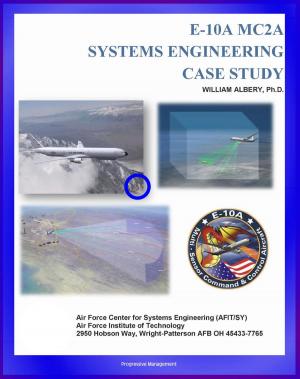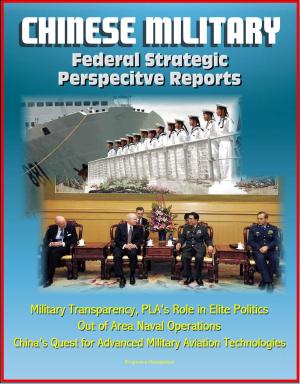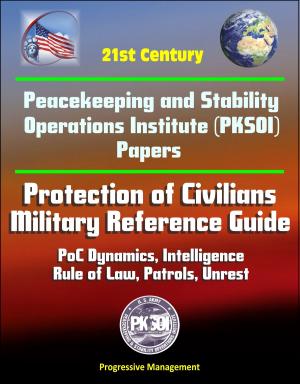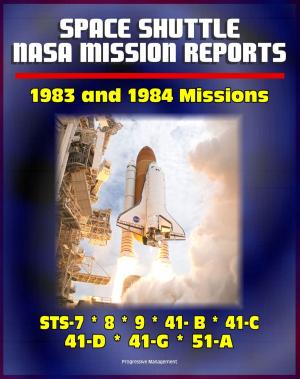Rendezvous In Space: A Look In on Military Space Power - Effects of Starfish Prime Nuclear Explosion on Space Policy, Comparison of Space Power to Air Power
Nonfiction, Science & Nature, Technology, Aeronautics & Astronautics, History, Military, Aviation| Author: | Progressive Management | ISBN: | 9781476350806 |
| Publisher: | Progressive Management | Publication: | May 3, 2012 |
| Imprint: | Smashwords Edition | Language: | English |
| Author: | Progressive Management |
| ISBN: | 9781476350806 |
| Publisher: | Progressive Management |
| Publication: | May 3, 2012 |
| Imprint: | Smashwords Edition |
| Language: | English |
A 1962 nuclear explosion in space contributed significantly to the creation and implementation of the Outer Space Treaty in 1967, which outlawed weapons of mass destruction in space. As technology evolved afterwards, this treaty influenced development of space-based military capabilities and the organization of military space forces in the United States. This created serious challenges for today in fully bringing strategic space power to bear on national security issues as land, air, and sea forces become increasingly dependent upon these capabilities.
This paper compares the challenges to national space power today with those seen during the developing years of air power. The comparison illustrates how the United States compounds its space power risks to national security today in similar ways to how mindsets impacted air power implementation prior to WWII. This paper reviews the theoretical underpinnings of space power and the views that existed about air power prior to the creation of the U.S. Air Force in 1947. Through this analysis, the paper demonstrates that the United States cannot fully benefit from the strategic value of military space assets in orbit unless it adopts a new perspective on space power.
A 1962 nuclear explosion in space contributed significantly to the creation and implementation of the Outer Space Treaty in 1967, which outlawed weapons of mass destruction in space. As technology evolved afterwards, this treaty influenced development of space-based military capabilities and the organization of military space forces in the United States. This created serious challenges for today in fully bringing strategic space power to bear on national security issues as land, air, and sea forces become increasingly dependent upon these capabilities.
This paper compares the challenges to national space power today with those seen during the developing years of air power. The comparison illustrates how the United States compounds its space power risks to national security today in similar ways to how mindsets impacted air power implementation prior to WWII. This paper reviews the theoretical underpinnings of space power and the views that existed about air power prior to the creation of the U.S. Air Force in 1947. Through this analysis, the paper demonstrates that the United States cannot fully benefit from the strategic value of military space assets in orbit unless it adopts a new perspective on space power.















